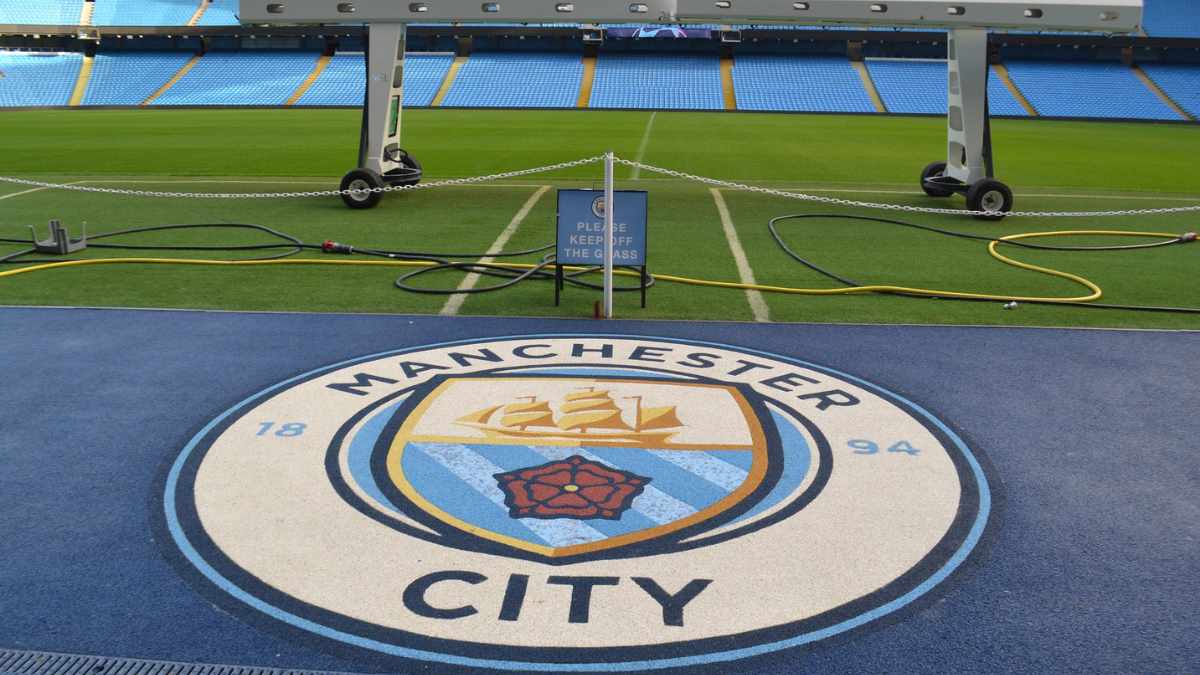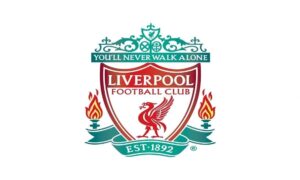Financial Fair Play has been a hot topic of discussion in the five days. Since the Premier League accused Man City with violating more than 100 of its regulations (FFP).
The fact that the club is said to circumvent the rules. A sideshow and, in the words of many individuals familiar with the procedure, “irrelevant.”
In this case, there are much more serious accusations of fraud, dishonesty, and inaccurate information disclosure.
These are the opinions of numerous sources, including the case’s attorneys. Yves Leterme, a former Uefa head investigator, told Sporza last week that he is “convinced fraud has been perpetrated by Ma City.”
Most significantly, this is what the Premier League’s statement and rules state. The Premier League requires “a member club to provide accurate financial information that gives a true and fair view of the member club’s financial position. In particular with respect to the revenue, the related parties, and the operating costs of the member club”. City are accused of violating this rule. Club directors must sign a certificate certifying that the data in the accounts is complete and correct as the following step after that.
The Gravity of the sanctions against Man City
This explains why the case is being characterised as “all or nothing,” and why the potential penalties being considered are so harsh. This is the reason why Uefa initially “hit the nuclear button”.
It is also the reason why the plot is so big. That applies to the accusations, their gravity, the lengths of time involved, the possible outcomes, and even the arguments this case has sparked. It nearly acts as a condensed version of many of the problems that will define and divide football in 2023.
There are factors such as how sports are governed, governmental ownership, revenue generated by the sport, and the Premier League itself. The Premier League has similarly accused City of providing incorrect information to licencing, which is a mirror reflection of the Uefa case.
The contract with Etisalat
In the first instance, the club entered into a contract with Etisalat, an Emirati telecommunications provider, in 2012. However, according to City’s own admission, the club’s owner, Sheikh Mansour bin Zayed al-Nahyan of the Abu Dhabi ruling family, did arrange payments for Etisalat in 2012 and 2013 through his business Abu Dhabi United Group (ADUG). The telecoms provider did not make a payment until 2015.
Due to this, the members of Uefa’s adjudicatory chamber (AC) for the Club Financial Control Body (CFCB) viewed the two payments as simple funding by the club’s owner. The chamber concluded that the club had “overstated MCFC’s genuine sponsorship revenue” in its financial statements.
Read More: Manchester City to hijack Liverpool’s top transfer target?
City introducing the CAS panel
Although the chamber rejected the defence, City reintroduced it in CAS. The CAS panel concluded by a vote of 2-1. That this issue would not be taken into consideration because the alleged breach had expired. Even though the 2012 and 2013 accounts were presented in 2014 as part of the three-year FFP consideration period. Despite this, the CAS panel determined that the time limit had expired.
Some concerned sources describe that as a “farcical move”. And inquire as to the specifics of sponsor contracts in which an owner pays on behalf of a business partner.
According to a person familiar with the procedure, “this is not sponsorship”.
The Man City claim
The second instance relates to the claim that ADUG also provided funding for the sponsorship from Etihad. Der Spiegel published in November 2018, that the Abu Dhabi airline was only paying £8 million of sponsorships. £35, £65, and £67.5 million from the 2012–13, 2013–14, and 2015–16 seasons, respectively, with the remaining funds coming from ADUG.
The fact that the CFCB hearings only had emails in this case and no accounting data. They nonetheless judged the evidence to be credible because Etihad had made two separate payments. Totaling £67.5 million for the 2015–16 sponsorship, which matched the amounts specified in the email. Man City refused to comply by withholding additional emails or allowing important figures to testify. This allowed the chamber to draw conclusions about its actions that were consistent with those of Etisalat.
Read More: Liverpool needs a midfielder urgently
Decision of the CAS panel
It meant that the AC could only infer information from the emails, which was insufficient to convict them.
Two weeks after the CAS decision, Der Spiegel published new “leaked” emails that revealed Man City director Simon Pearce. A senior official in the Abu Dhabi government, was “forwarding” Etihad £91 million out of the £99 million.
At the time, City made no comments about the content of the emails. This is denied by the source, Portuguese hacker Rui Pinto.
Some Uefa officials are still incensed that the European governing body did not appeal the CAS ruling. Especially because one of the attorneys for the winning team strongly recommended them to do so.
The Etisalat example
The Etisalat example will not be time-barred, and the independent commission will now have access to those.
Naturally, City’s pricey legal staff will vigorously defend the club in the same manner as in the Uefa case.
After Der Spiegel’s releases, Uefa only began looking into the matter in January 2019. At that time, they were aware that May 2019 was the deadline for filing a complaint. The Premier League is currently in that position. Although it took four years of research as opposed to just four months.
This involves much more than just financial fair play. The process will last longer than two years.
Follow us on Twitter for more updates.










